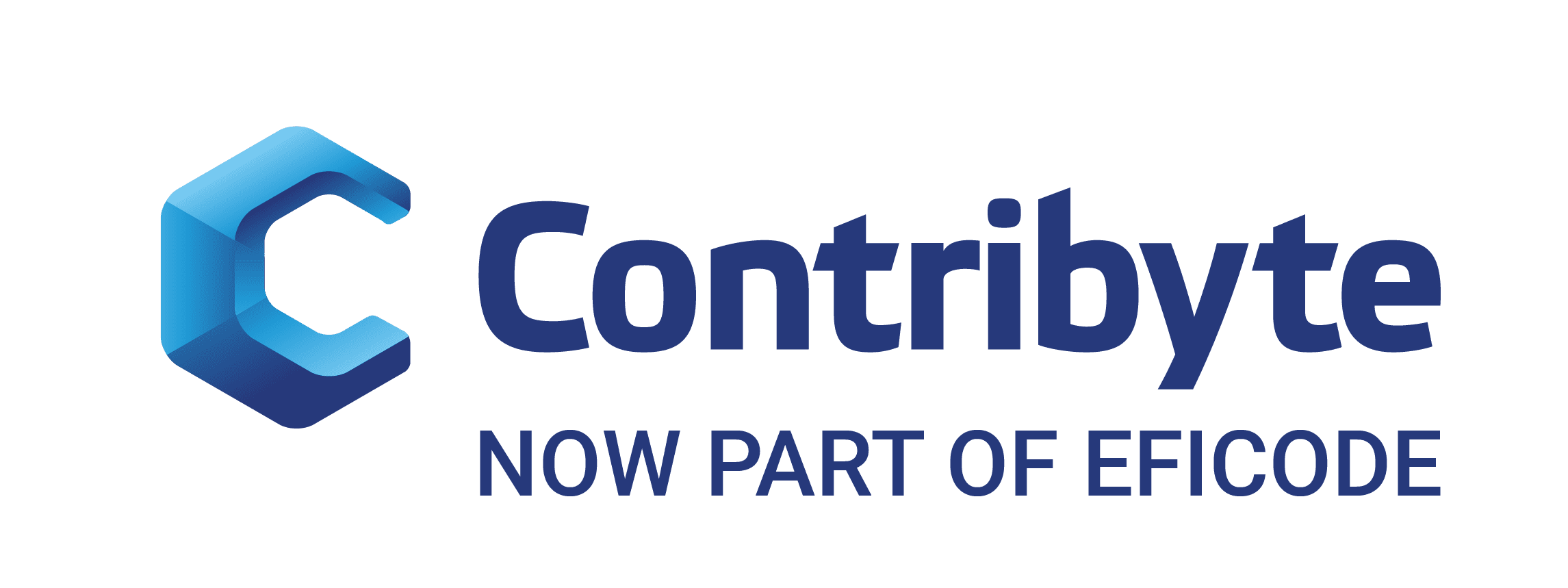Personal Work Management as a Tool for Making Organizations More Efficient
Personal Work Management as a Tool for Making Organizations More Efficient
People can be incredibly bad at managing their workload and priorities. Some people do exactly what their calendar tells them to (and nothing else) and prioritize their tasks according to how urgent they are and not how important they are. In any company, I have all too infrequently come across people who always have openings in their calendar, who get things done on time, and who, in addition, are still up-to-date on what the others are doing. Such people, however, are the truly efficient ones.
Over the past few years, I have helped many companies improve their operational methods and processes in order to maximize their total value delivery. It is fairly easy to describe processes and working methods, and they can be changed with hard work. The improvement of personal working methods is, however, a subject that no company ever seems to be keen on addressing. I don’t know whether it is considered too intrusive or what the real reason is, but usually, whenever I suggest it, the answer is that “We don’t need such services.”
I have incorporated some aspects concerning the improvement of personal work management into the training events and workshops I have held. While holding those, I can see that the audience is nodding and the reception is almost always positive, but in reality, such passing introductions to the subject do not change much. The prerequisite for true change is that people must first accept the fact that there is room for improvement in their working methods, and only then can the change begin.
Examples of Problems
One of the most tangible problems for many people is connected with time management. People just come to work on Monday and check their calendar to see what they should do that day. In the worst case , this is repeated every morning, and eventually they will always have to hurry to be able to complete their tasks in time. With a moderate amount of planning, the priorities for each week would be clear and there would be enough time to complete the tasks.
Everyone who is good at managing their time also remembers to allot time for surprises and unexpected interruptions. Issues and conversations that no one could have foreseen come up in almost all jobs on a weekly basis. Efficient people allot almost half of the time on their calendar to themselves, i.e., they do not promise their time to anyone else.
Meetings have earned a fairly poor reputation in many companies. Many people have learned to hate meetings and never fail to mention that. It should be remembered that, at best, meetings can be an efficient means for conveying information, innovating, and solving problems. When it comes to meetings, the problem usually lies in the difficulty of getting the right people to attend the meeting or the unclear objective of the meeting. It is important for the rationalization of personal work to learn to say no to the wrong and yes to the right meetings.
The IT competence of employees is a matter that is not discussed in organizations. Many are still incapable of typing quickly or using the Office tools properly. Especially competence in using important work-related systems is often poor. On the other hand, though, the training provided in the use of such systems is, to be quite frank, lousy. The basic Office trainings are so generic that most of the participants become frustrated when attending them. For many, e.g., PowerPoint is one of the most frequently used tools, but they still lack the skills to use its special features.
Where to Find Solutions?
Perhaps the most important insight in relation to being efficient is realizing that calendar time is more important than the actual time used on something. Many people are still supposedly efficient when they are busy, and they feel that in order to be important, they must be busy. However, true efficiency is being able to react quickly in unexpected situations. This can only achieved if things that can be done beforehand are done beforehand. We react quickly to the things that have to be reacted quickly to.
Here, the most important lesson for organizations is that they should have the courage to discuss this issue. Maybe the reason for not discussing the matter is that time management is precisely the thing that the managers are poor at. Perhaps the managers are invited to attend every event and meeting, so they end up filling their calendars with only meetings. Few have the confidence to reserve time on their calendars for themselves so that they can immerse themselves in important reacting and thinking work.
In many companies, no one wants to admit their lack of basic IT skills, either. Thus, it serves no purpose to offer voluntary IT tool training as a solution, but rather the issue must be approached from a different angle. One possibility is to make the training mandatory, so that no one has to think about the opinions of the others in attendance as everybody is participating. Another option is trying to create playful competitions out of the use of IT tools. For instance, a competition could be organized at the beginning of a team day about who can create the most impressive presentation in 10 minutes. There are many suitable games for, e.g., learning touch typing which could be offered as coffee break activities for employees.
Dare to Rationalize Personal Tasks
It is easy to discuss rationalization at the macro level. Percentages concerning rationalization can be calculated and presented after various process improvements. Truly significant improvements in both efficiency and comfort at work can, however, be achieved through personal work management.
Being busy and having a full calendar are all too often considered being effective. For some, being busy is also about stressing their own importance and boosting their own ego. Haste is, however, rarely effective. In fact, haste is usually a sign of inefficiency.
The key factors in connection with efficiency are the progress of projects and the adherence to calendar time. Every moment during which something is waiting for someone to deal with it, or waiting for another thing to get done first, is inefficient. Understanding this is the most important thing for the maximization of both organizational and personal efficiency. It is important to learn to start certain tasks in time and to complete matters that are important parts of a bigger whole right away.

Henri Hämäläinen
CEO, Consultant
Henri is the CEO of Contribyte and a Coach of Organizations. Over the past 15 years, he has been working as a coach for dozens of organizations. Henri insists that even as the CEO, he would have time to coach and train organizations. Henri's free time is spent on a variety of sporting activities with friends and family alike. Outdoor sports such as cycling, running, orienteering, skiing or dog walking are close to the heart.
